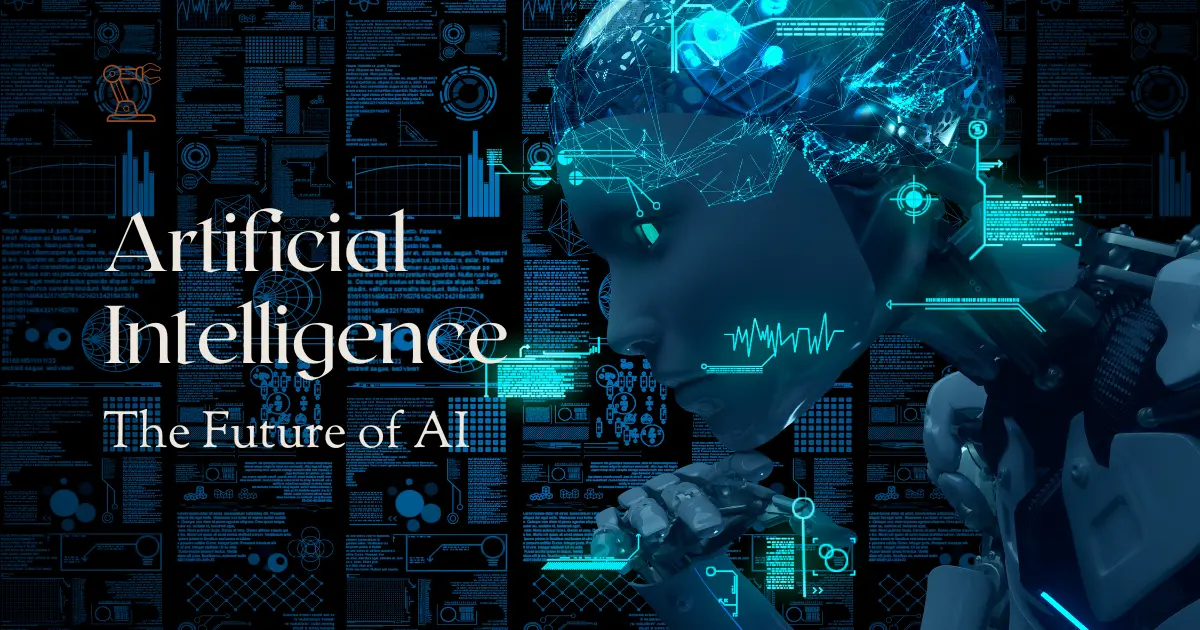
As we stand on the cusp of a technological revolution driven by artificial intelligence (AI), the future beckons with promises of unprecedented advancements and innovation. However, amidst the excitement and anticipation, a crucial question looms large: what ethical considerations and challenges must we confront as AI becomes increasingly integrated into our lives? The intersection of technology and ethics is complex and multifaceted, raising profound questions about autonomy, bias, privacy, accountability, and more. As society hurtles towards a future where AI systems wield immense power and influence, it is imperative to critically examine the ethical implications that accompany these advancements. Join us on this exploration of the future of AI as we navigate the intricate web of moral dilemmas that shape the evolving landscape of technology.
Ethical considerations in AI decision-making processes
When it comes to AI decision-making processes, ethical considerations play a crucial role in ensuring fairness and accountability. One key aspect is the issue of bias in AI algorithms, which can lead to discriminatory outcomes based on race, gender, or other characteristics. To address this, it is essential for developers to carefully examine and mitigate bias at every stage of the AI development process.
Another important ethical consideration is transparency in AI decision-making. It is essential for organizations to be transparent about how AI systems make decisions and the factors that influence those decisions. This not only helps build trust with users but also allows individuals to understand and challenge algorithmic outcomes. Ultimately, fostering a culture of transparency will lead to more responsible use of AI technologies and better outcomes for society as a whole.
Overall, incorporating ethical considerations into AI decision-making processes is vital for ensuring fair and accountable outcomes. By addressing issues such as bias and promoting transparency, we can harness the power of AI technology in a way that benefits society while upholding moral principles. As we continue to advance in this field, it is imperative that ethics remain at the forefront of our efforts to create an equitable and just future powered by artificial intelligence.
Bias and fairness in AI algorithms
Bias and fairness are critical considerations when it comes to AI algorithms, as they have the power to either perpetuate existing biases or promote fairness and equality. It is essential for developers to be aware of the potential biases that may be present in their data sets and algorithms, as these can lead to discriminatory outcomes. Moreover, understanding how AI algorithms make decisions is crucial in ensuring transparency and accountability.
The issue of biased AI algorithms poses a significant challenge in various sectors including healthcare, finance, and criminal justice. For instance, biased algorithms used in hiring processes can result in discrimination against certain demographic groups. To address this problem, experts advocate for implementing safeguards such as algorithm explainability tools and continuous monitoring for bias detection. By prioritizing fairness and inclusivity in the development of AI technologies, we can work towards creating a more equitable future powered by intelligent systems.
Privacy concerns with the increasing use of AI technology
As artificial intelligence technology becomes more integrated into our daily lives, concerns about privacy have become increasingly prominent. The ability of AI systems to collect and analyze vast amounts of personal data raises questions about how this information is being used and protected. For instance, facial recognition technology can track individuals’ movements in public spaces, leading to potential surveillance and tracking issues.
Moreover, the lack of transparency in AI algorithms poses a significant privacy risk as these systems make decisions that can impact individuals’ lives without clear explanations or accountability. As companies and governments continue to use AI for various applications such as personalized advertising or predictive policing, there is a growing need for robust regulations to safeguard people’s privacy rights. Balancing the benefits of AI with the protection of individual privacy will be crucial in shaping a future where technology enhances rather than diminishes our freedoms.
Accountability and transparency in AI systems
When it comes to AI systems, accountability and transparency are essential pillars for ensuring ethical practices and trustworthiness. However, achieving these goals is not always straightforward. The black-box nature of some advanced AI algorithms makes it challenging to understand how decisions are made, raising concerns about bias and fairness. To address this issue, researchers are exploring techniques such as explainable AI to shed light on the decision-making process of complex models.
Furthermore, the responsibility for ensuring accountability in AI systems does not solely rest on developers and engineers. It is crucial for organizations and regulatory bodies to establish clear guidelines and standards to govern the deployment of AI technologies. By promoting transparency through open data sharing and regular audits, stakeholders can better monitor the performance of AI systems and hold them accountable for their outcomes. Ultimately, fostering a culture of accountability and transparency in AI will help build public trust and facilitate the responsible integration of these technologies into various aspects of society.
The impact of AI on job displacement and workforce changes
AI is undoubtedly revolutionizing the workforce, with many fearing that automation will lead to widespread job displacement. However, it’s important to recognize that AI also creates new opportunities and demands for certain skill sets. As AI takes over routine and repetitive tasks, there is a growing need for workers who possess critical thinking, problem-solving, and creativity.
One potential solution to the impact of AI on job displacement is retraining and upskilling current workers. By investing in training programs and education initiatives that focus on skills relevant to an AI-driven economy, individuals can adapt to the changing job market and thrive in roles that require human expertise.
Furthermore, businesses must ensure that the deployment of AI technologies aligns with ethical guidelines and social responsibility. With thoughtful consideration of how AI impacts the workforce, we can shape a future where technology complements human abilities rather than replacing them entirely.
Regulations and guidelines for the responsible development and deployment of AI
As the development and deployment of artificial intelligence (AI) technologies continue to advance at a rapid pace, it has become imperative to establish regulations and guidelines to ensure responsible and ethical use. One key aspect is the need for transparency in AI systems, making sure that developers provide clear explanations on how these systems make decisions. Additionally, data privacy and security must be given utmost importance, with stringent measures in place to protect sensitive information from misuse or unauthorized access.
Another critical consideration is the potential biases that can be embedded within AI algorithms, leading to discriminatory outcomes. To address this issue, it is essential for developers to prioritize diversity and inclusivity in their datasets and testing procedures. Moreover, regular auditing and monitoring of AI applications are crucial to detect and rectify any biases that may arise during operation. By establishing comprehensive regulations centered around transparency, fairness, privacy, and accountability, we can pave the way for a more ethical deployment of AI technologies that benefit society as a whole.


